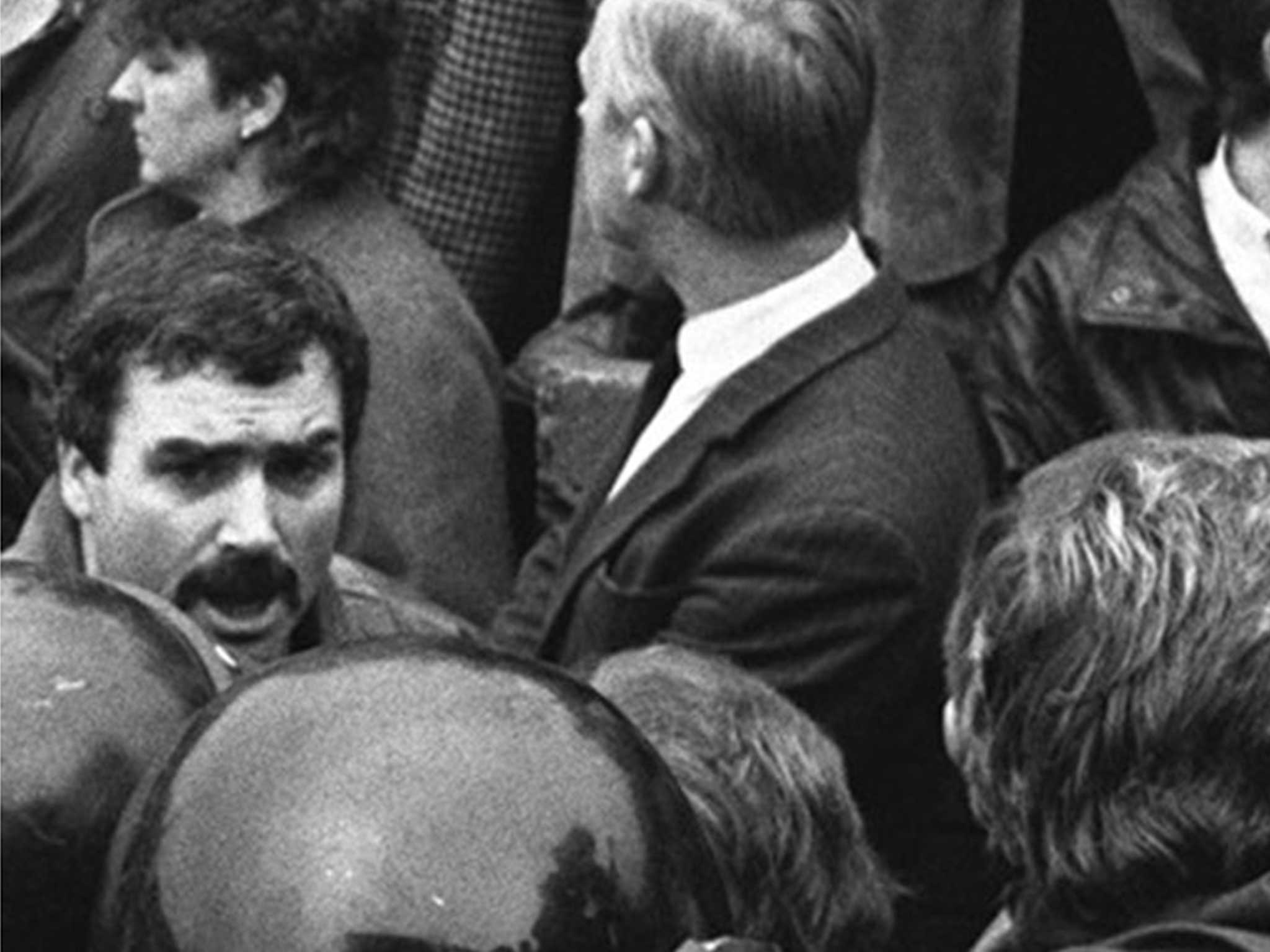Senior IRA double agent 'Stakeknife' to be investigated in connection to 24 murders
The double agent was alleged in 2003 to be Freddie Scappaticci, a claim he has consistently denied

One of the most senior IRA double agents is to be investigated for his involvement in the murder of as many as 24 people.
The public prosecutions service said on Wednesday they would open an inquiry into crimes committed by Stakeknife, named by the BBC as Fred Scappaticci in 2003.
Freddie Scappaticci, 68, originally from West Belfast, has consistently denied claims that he was the spy.
Barra McGrory QC, Northern Ireland's director of public prosecutions, ordered the chief constable to reopen investigations into the murders – opening up the possibility the man alleged to be Britain’s key informer could be questioned about his covert career in open court.
Information received by the army, MI5 and the Royal Ulster Constabulary's Special Branch (RUC) will also be examined.
"A common link across a significant number of potential crimes, including murder, was the alleged involvement of an agent of military intelligence codenamed 'Stakeknife'," Mr McGrory told the BBC.
He said the information was provided by the office of the Police Ombudsman, Dr Michael Maguire, following the near conclusion of a “painstaking review of all available material.”
"Given that some of the allegations concern former members of RUC Special Branch, it is likely that Northern Ireland's chief constable will ask an outside police force to conduct the investigation," he added.
The head of the investigation is yet to be confirmed.
Stakeknife, reportedly referred to as the “golden egg” by senior British officers due to the calibre of information he provided, allegedly headed the IRA unit responsible for finding and killing suspected informers.
It has been alleged Stakeknife’s unit was responsible for the deaths of a number of IRA members – some of whom were informers – as well as those “set up” by the agent.
Families of these men have claimed the British services were more concerned with keeping Stakeknife in his top position – where he was able to provide valuable information – than using the agent to prevent the deaths.
Relatives who have been campaigning for justice called the decision by the DPP a “major breakthrough”, but there remains widespread unease about whether the Police Service of Northern Ireland can deliver an authoritative and fair report.
Frank Mulhern’s son Joe, 22, was killed in 1993 after the IRA claimed he was informer. His body, riddled with bullets, was discovered in ditch near a border crossing in County Tyrone.
After a campaign that has lasted 17 years, Mr Mulhern said “I have no confidence in the PSNI. They have been quick to tell us how many lives the use of agents saved, but not so quick on how many lives those agents have cost.”
Mr Mulhern is among a number of families calling on the UK authorities to bypass British forces and for an international team of investigators to be brought in.
Mr Scappaticci, the grandson of an Italian immigrant, has admitted to being a republican in the past – but has consistently denied claims he was an informer. He was alleged to be a “walk-in” agent in the 1980s after a major disagreement with IRA leaders.
He left Northern Ireland in 2003 and has gone to significant effort to information about him entering the public sphere, according to the Guardian.
Subscribe to Independent Premium to bookmark this article
Want to bookmark your favourite articles and stories to read or reference later? Start your Independent Premium subscription today.
